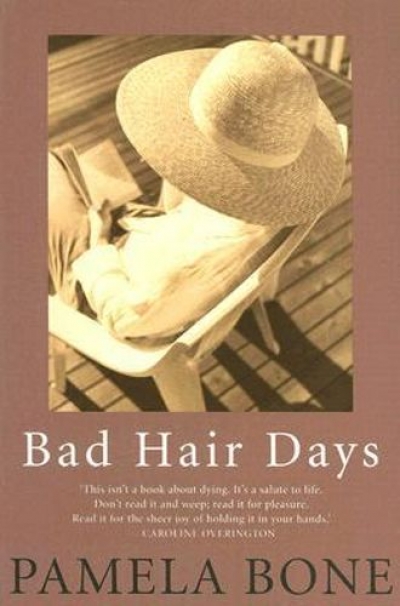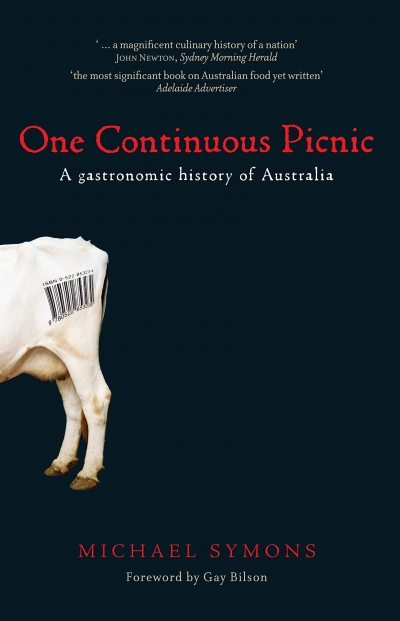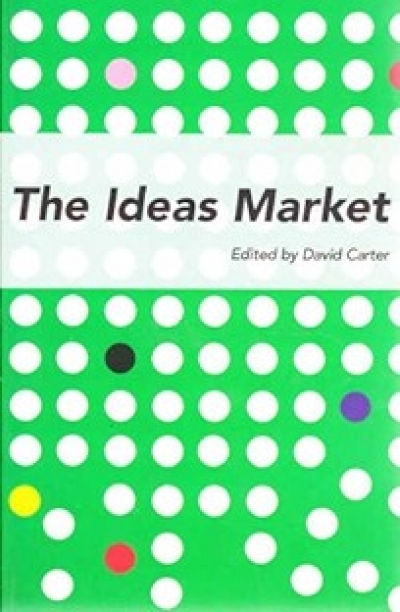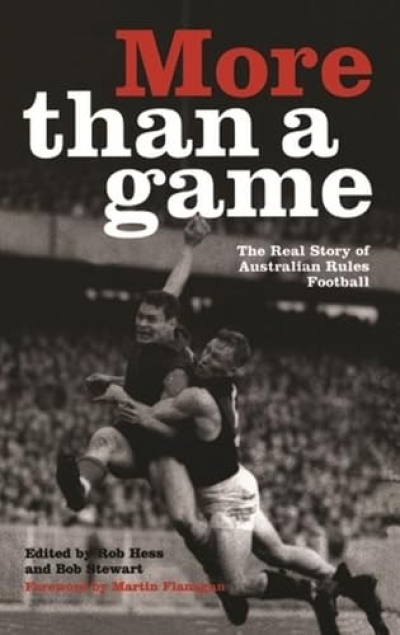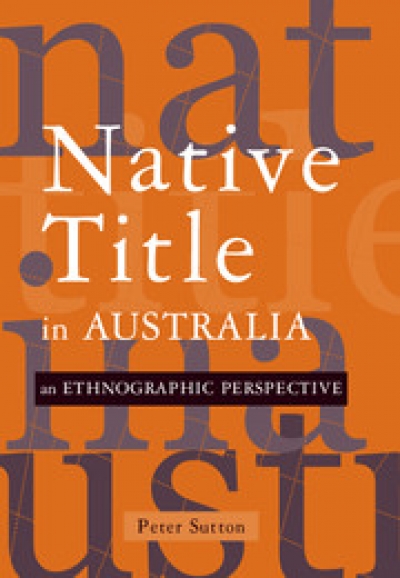Melbourne University Press
Sign up to Book of the Week and receive a new review to your inbox every Monday. Always free to read.
Recent:
Australian Dictionary of Biography Vol. 17, 1981–1990, A–K edited by Diane Langmore
by Geoffrey Blainey •
One Continuous Picnic: A gastronomic history of Australia by Michael Symons
by Leo Schofield •
Fast, Loose Beginnings: A memoir of intoxications by John Kinsella
by David McCooey •
The Ideas Market: An alternate take on Australia's intellectual life edited by David Carter
by Humphrey McQueen •
More Than a Game: The real story of the Australian Rules Football edited by Rob Hess and Bob Stewart
by Christopher Bantick •
Native Title in Australia by Peter Sutton & Crossing Boundaries edited by Sandy Toussaint
by Stephen Muecke •
Consortia: International Networking Alliances of Universities edited by David Teather
by John Nieuwenhuysen •
Ministers, Mandarins and Diplomats: Australian foreign policy making 1941–1969 by Joan Beaumont, Christopher Waters, and David Lowe, with Garry Woodard
by Peter Edwards •




